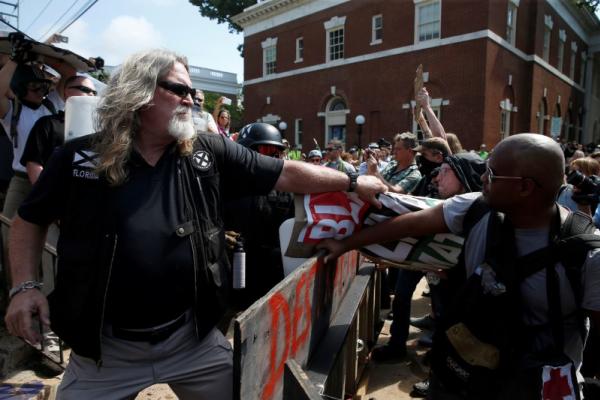Aug 14, 2017
The crowd that night believed something precious had been “stolen” from them as Christians. And it had to be “reclaimed.”
That long ago bitter sermon provides a warning as Americans ponder this question: Was the lethal violence in Charlottesville a one-time event, or does it represent the future of an America religiously and politically at war with itself?
Read the Full Article

Already a subscriber? Login
